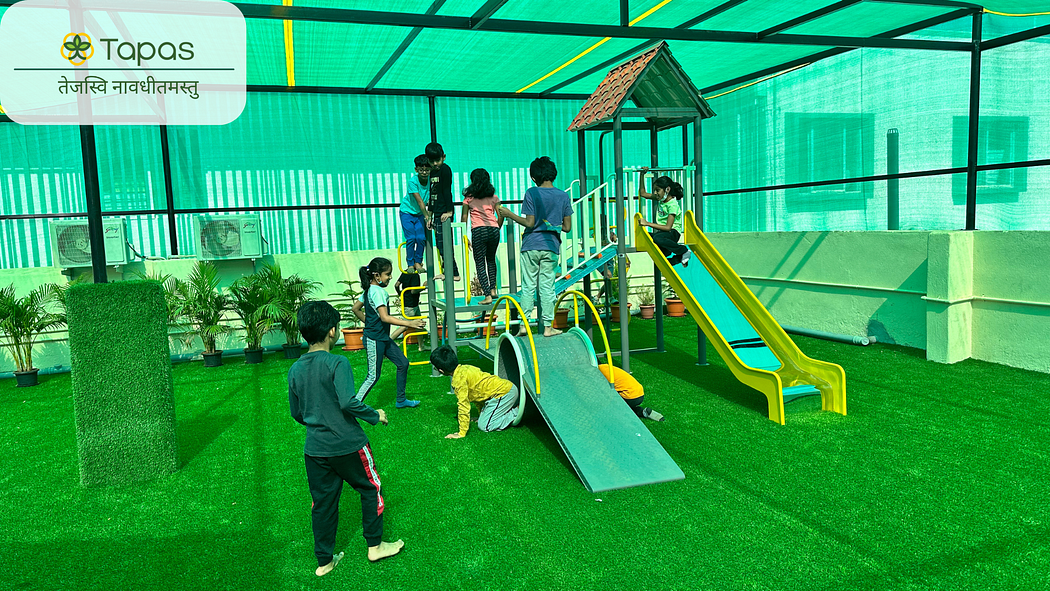Beyond Grades: Inspiring Curiosity with AI and Play-Based Learning
In today’s fast-moving classrooms, the old model of learning by rote and testing by marks is no longer enough. Schools are now shifting towards assessment without marks India, and embracing play-based learning with AI tools to make education lively, meaningful and future-ready. When learning becomes about asking questions rather than just filling in blanks, we tap into curiosity-driven learning approaches in schools that truly set young minds free.
Why Assessment Without Marks Matters
In many Indian schools, learning is still defined by percentage scores and exam outcomes. But what if we measured progress by growth, exploration and understanding instead? Assessment without marks India is about giving feedback, building confidence and nurturing thinking — not just awarding grades. When children know they are valued for curiosity rather than correctness, a shift happens: they start to ask “Why?” instead of “What did I score?” At Tapas Education in Bangalore, this approach underpins every lesson, forming the base of a classroom where mistakes aren’t punished — they’re celebrated as stepping stones.
Play-Based Learning with AI Tools
Imagine a classroom where children build stories with AI, engineer designs with LEGO prompts, and answer endless “Why?” questions using voice bots. That’s play-based learning with AI tools in action. Rather than passively consuming content, students actively explore, create and iterate. With AI platforms giving feedback, suggesting ideas and amplifying curiosity, learning becomes immersive. Research shows AI in education supports real-life simulations, game-based challenges and adaptive learning paths. At Tapas, children use these tools not for shortcuts, but for deeper thinking: they question, collaborate and apply ideas across subjects.

Curiosity-Driven Learning Approaches in Schools
What happens when schools stop asking “Did you finish?” and begin asking “What excites you today?” That’s the heart of curiosity-driven learning approaches in schools. When learning plants seeds of wonder and invites exploration, students become self-motivated investigators. They tackle problems, test assumptions and engage in meaningful projects — not just worksheets. Tapas classrooms echo this ethos: children draw connections between AI-driven prompts, play-based tasks and real-world themes. The result: confidence grows, curiosity thrives and concepts stick. Tapas Education
How Schools Can Make the Shift
- Design assessments without relying on marks. Use feedback loops, reflections and peer reviews instead of only numeric scores.
- Integrate AI tools into playful tasks. Let students use AI prompts to design models, narratives or experiments — not replace human thinking, but spark it.
- Embed curiosity into routines. Replace “Finish this worksheet” with “What question will you explore today?” Let learners lead the inquiry.
- Reward exploration over perfection. Celebrate drafts, failures and iteration as part of learning, not deviation from the norm.
- Create mixed-modality experiences. Use visuals, play, AI-powered interactivity and group work to engage diverse learners.
Final Thoughts
Education in India is at a turning point. By embracing assessment without marks India, combining play-based learning with AI tools, and embedding curiosity-driven learning approaches in schools, we can craft learning environments that invite not just answers — but ideas, not just retention — but transformation. At Tapas Education, we don’t teach children what to think — we teach them how to think. Are you ready to join the journey where learning becomes an exploration and curiosity becomes the greatest grade?
Comments
Post a Comment